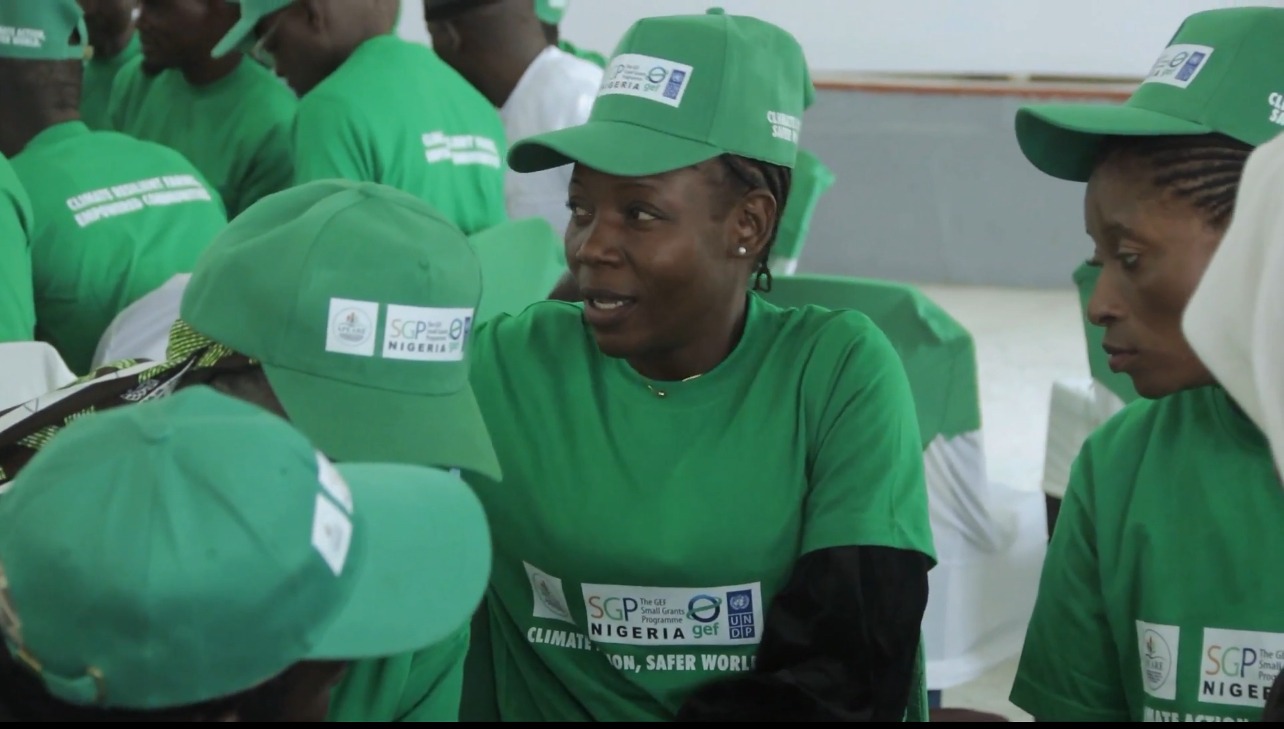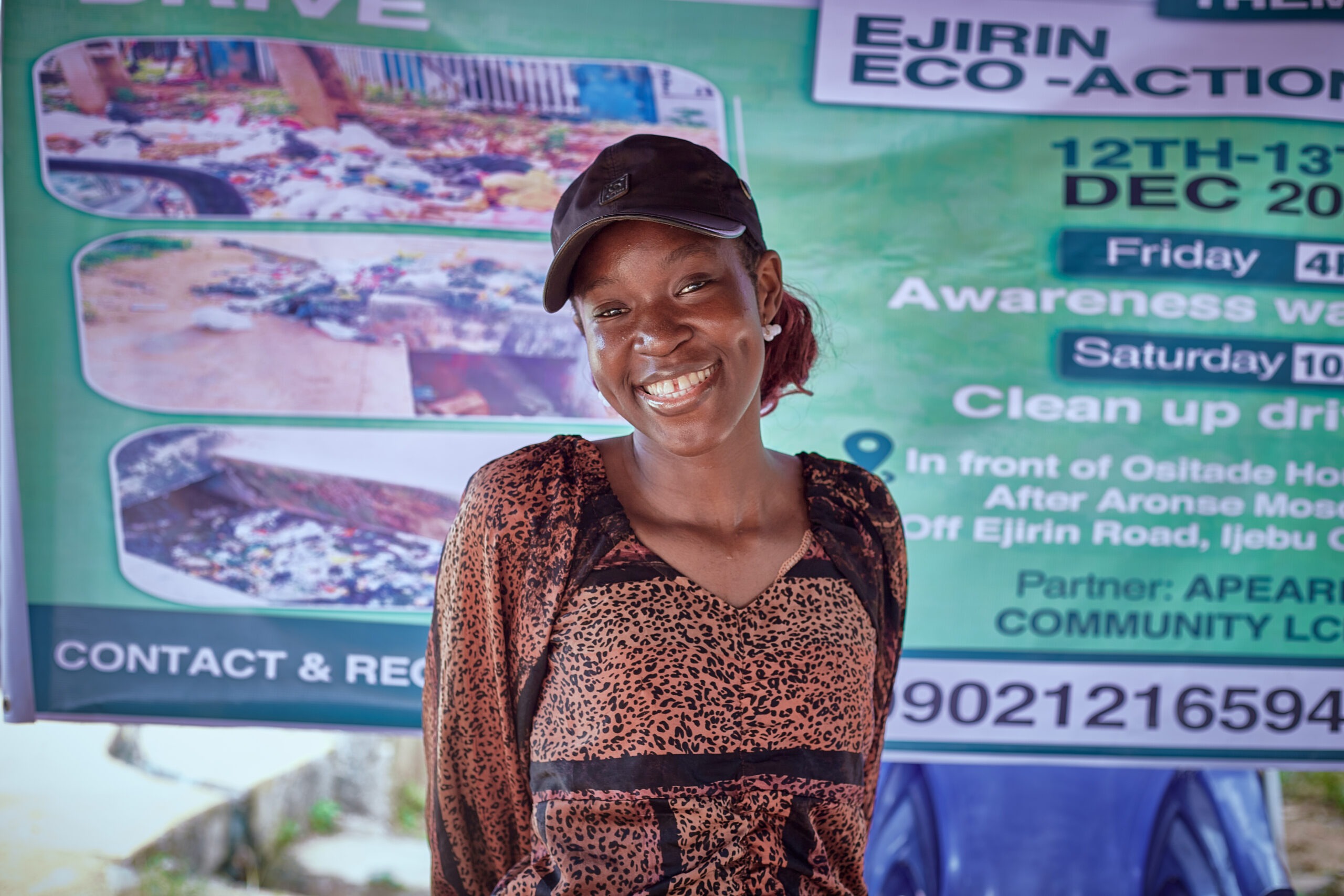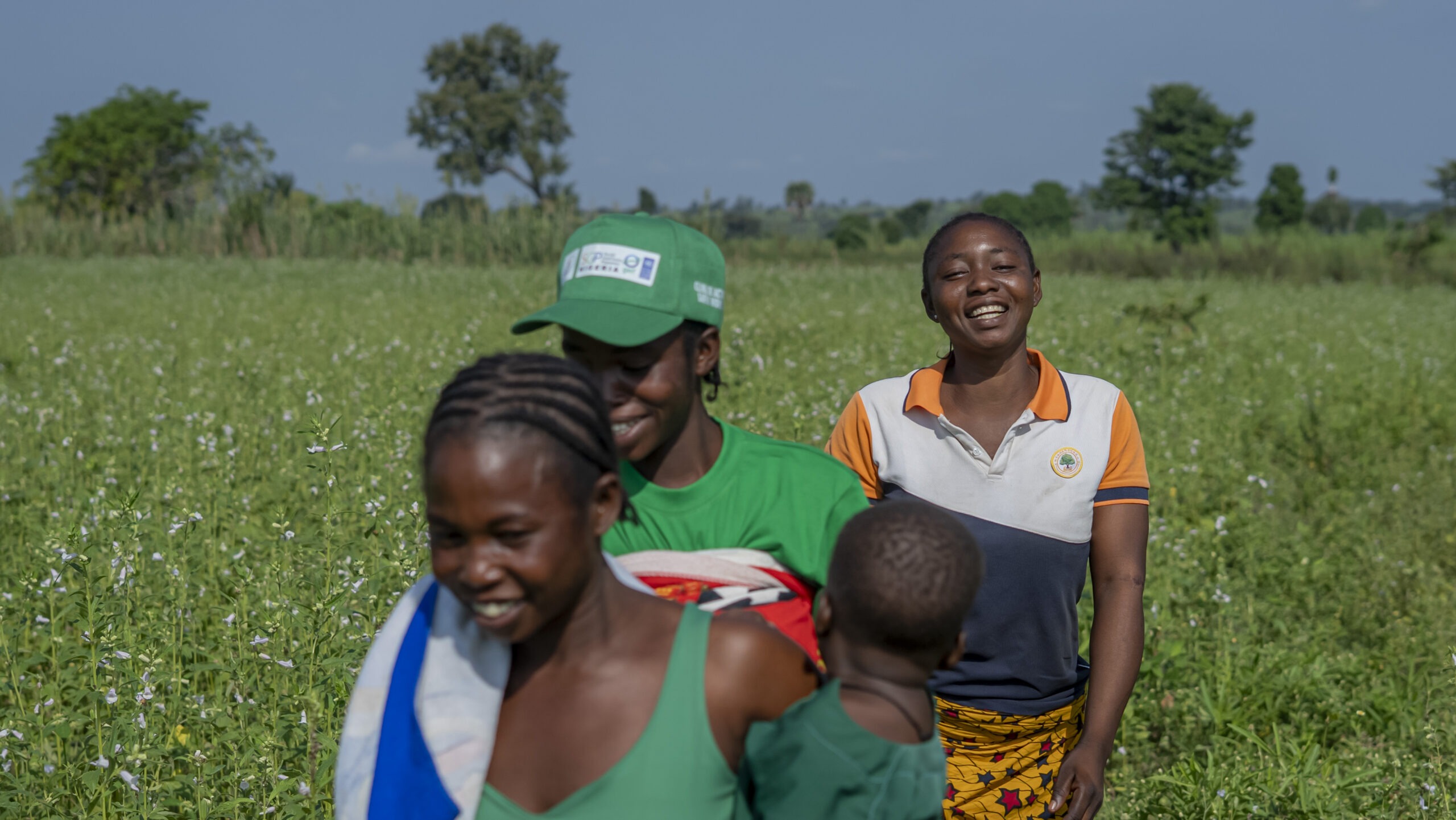Agroforestry is emerging as a transformative solution to climate and livelihood challenges across Nigeria. In the communities of Ajimaka and Rukubi in Doma Local Government Area, Nasarawa State, a groundbreaking initiative is underway—powered by the United Nations Development Programme (UNDP) Global Environment Facility Small Grants Programme (GEF-SGP) in Nigeria, and implemented by the Alliance for Positive Environmental Impacts and Reforestation.
The project aims to restore 200 hectares of degraded land using integrated agroforestry techniques that promote soil health, increase crop yields, and generate diverse income sources for smallholder farmers.
“We’re restoring degraded land, empowering grassroots leaders, and integrating agroforestry and ecological innovation to build climate-smart agriculture.” — Mr. Iduh J.J. Otene, Executive Director, Alliance for Positive Environmental Impacts and Reforestation
Experts from academic and traditional institutions are lending their voice in support of the project’s ecological and economic promise:
“Preserving soil, improving fertility, and increasing crop productivity are essential. This project will also provide multiple sources of income for farmers.” — Professor James Jayeoba (represented by Associate Professor Ibrahim Musa), Director, Director, Amina Mohammed Centre for Climate Change, Nasarawa State University in Keffi
“Agroforestry is one of the most effective ways to mitigate climate change in rural areas. This initiative aligns with our mission to advance sustainable agriculture.” — Professor Samuel A. Okunsebor, Dean, Faculty of Agriculture, Nasarawa State University in Keffi
Community buy-in has been strong, led by traditional authorities:
“The communities are ready to give full cooperation for the cultivation of 100 hectares each in Rukubi and Ajimaka. We will ensure this effort delivers maximum benefits.” — Alhaji (Dr) Ahmadu Aliyu Oga Onawo (Order of the Niger) (represented by Engineer Muhammad Adah), Traditional Leader, The Andoma of Doma
The technical roadmap includes planting over 5,000 seedlings—including Tenera oil palm, locust bean, and sesame—designed to regenerate land and strengthen rural markets.
“When tree planting and farming go hand-in-hand across 200 hectares, the ripple effect will extend from the farms to the market—and uplift entire communities.” — Dr. Yahaya Musa Maikafi, Director, College of Agriculture, Science and Technology in Lafia
Most powerful of all, the voices from the ground echo a sense of transformation:
“We used to farm without knowing the value of the environment. Now we understand how climate change affects us—and how we can farm sustainably.” — Community participant, Rukubi




